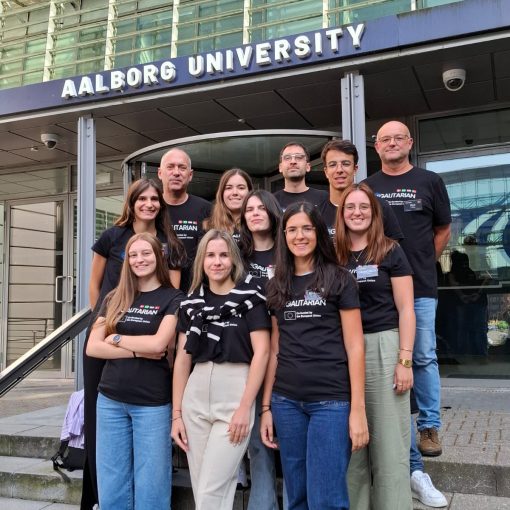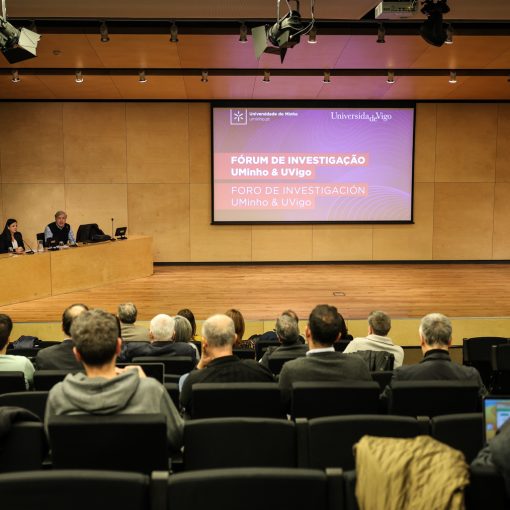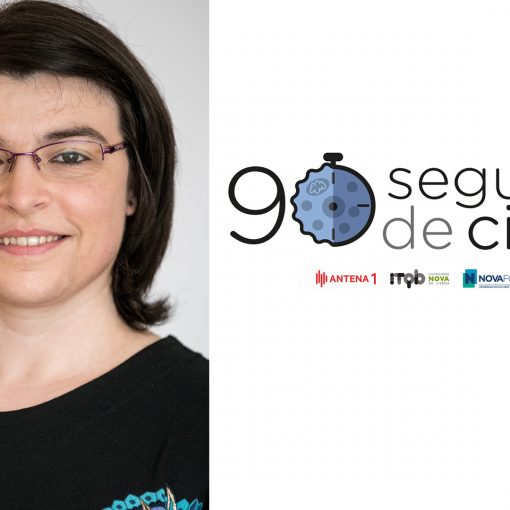
A researcher from the School of Engineering of the University of Minho coordinates a worldwide study on the impact of covid-19 on the management of critical infrastructures such as hospital, transport, energy, telecommunications, distribution and financial systems. In his previous conclusions, José Campos e Matos states that the reality differs between countries in terms of resources and funds allocated and the phase of the pandemic curve. Portugal stands out for the timing of the confinement and, in this context, for the good health, energy and telecommunications network, for example, which have avoided major evils.
The work is based on a survey to which critical infrastructure operators and managers responded in recent weeks. The initiative came from the European Association for Bridge and Structural Quality Control (EuroStruct), chaired by José Campos e Matos and based in UMinho, Guimarães. The responsible stresses that there were countries better prepared for biological risks and the coronavirus, both in the plans envisaged and in the measures adopted. “Several territories invested in this phase in certain areas, especially health, and disinvested in others, such as road safety, because there is less movement”, anui.
Telecommunications “have failed in many countries in the face of intense teleworking and teleteaching, despite advances in the 5G network and signal reinforcements”. The energy supply (light, water, gas) went better, except for “temporary” blackouts following the collapse of two bridges in Italy and an earthquake in Croatia, for example. The difficulty in supplying fuel was overcome by reallocating stocks in the face of weak demand. At airports, following the reduction in flights, some countries and/or airlines have resumed their strategy and are focusing on rapid tests of covid-19 before boarding. In the management of financial systems, “the economic capacity of the country influenced”; in some countries, the state supported companies from various areas to not stop, in the expectation of “coming out stronger after the pandemic”.
“The response of critical infrastructure depended on the peaks and flattening phase of the epidemic curve in each territory, in addition to the economic, human and material resources available,” summarizes José Campos e Matos. In the case of health, the teacher praises the quality of the Portuguese public system in this response, “despite the criticism of disinvestment in recent years. The researcher from the Institute of Sustainability and Innovation in Structural Engineering (ISISE) points out that China has also excelled in this field by multiplying field hospitals and advanced means of detecting infections, although it has associated ethical issues. In contrast, it regrets the weak confinement of citizens in some countries, which has overwhelmed the health system.

José Campos e Matos has promoted weekly debates at EuroStruct with experts in the field, available on YouTube. He is also part of the think tank “INFO | Covid-19”, which raises awareness in forums and the media for the gradual recovery of the economy and the confidence of citizens. At the same time, it has other studies in progress in this field. It is investigating the connection time between transport networks and national health networks and also the efficiency of hospital teams. The results will come soon.29



